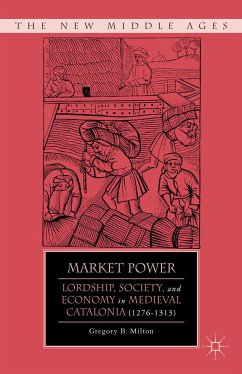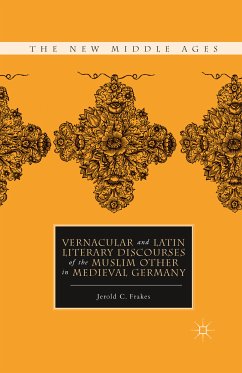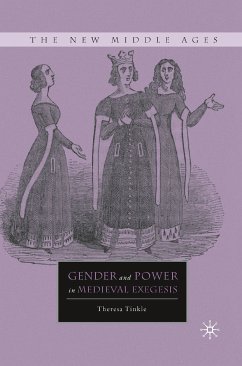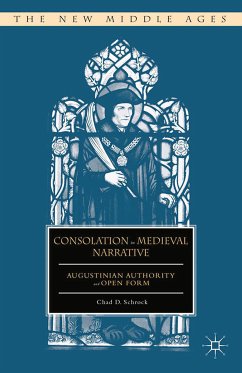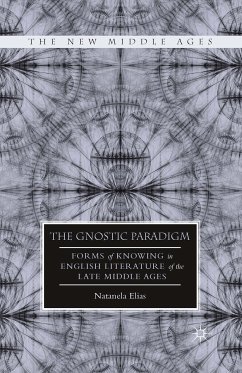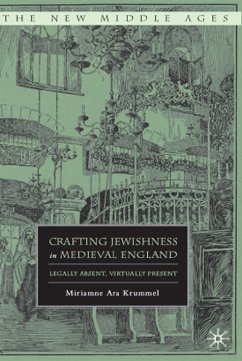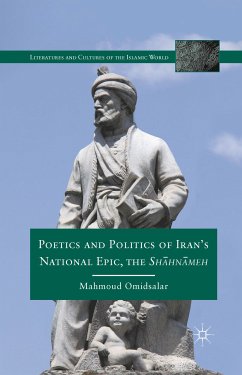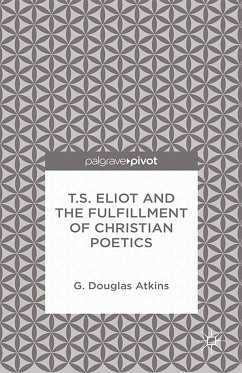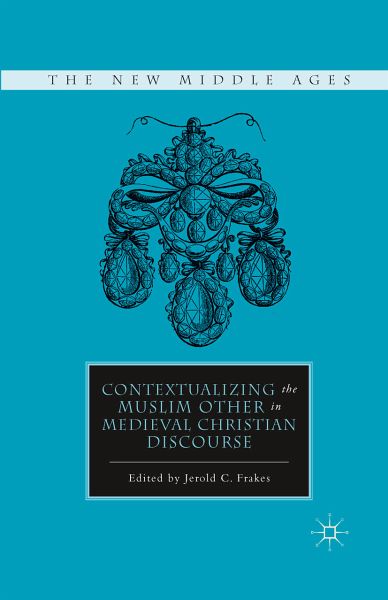
Contextualizing the Muslim Other in Medieval Christian Discourse (eBook, PDF)
Versandkostenfrei!
Sofort per Download lieferbar
72,95 €
inkl. MwSt.
Weitere Ausgaben:

PAYBACK Punkte
36 °P sammeln!
Broadens the perspective of recent work on the discourse of the Muslim Other in medieval Christendom by investigating pertinent texts, art, and artefacts, situating these local discourses of the Muslim Other in the larger cultural context of proto-Eurocentric discourse.
Dieser Download kann aus rechtlichen Gründen nur mit Rechnungsadresse in A, B, BG, CY, CZ, D, DK, EW, E, FIN, F, GR, HR, H, IRL, I, LT, L, LR, M, NL, PL, P, R, S, SLO, SK ausgeliefert werden.



![The [European] Other in Medieval Arabic Literature and Culture (eBook, PDF) Cover The [European] Other in Medieval Arabic Literature and Culture (eBook, PDF)](https://bilder.buecher.de/produkte/46/46753/46753033n.jpg)
